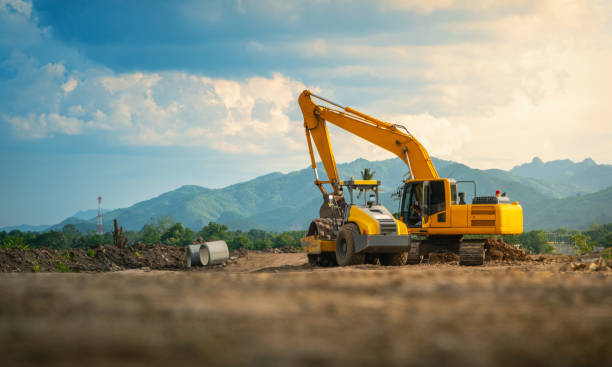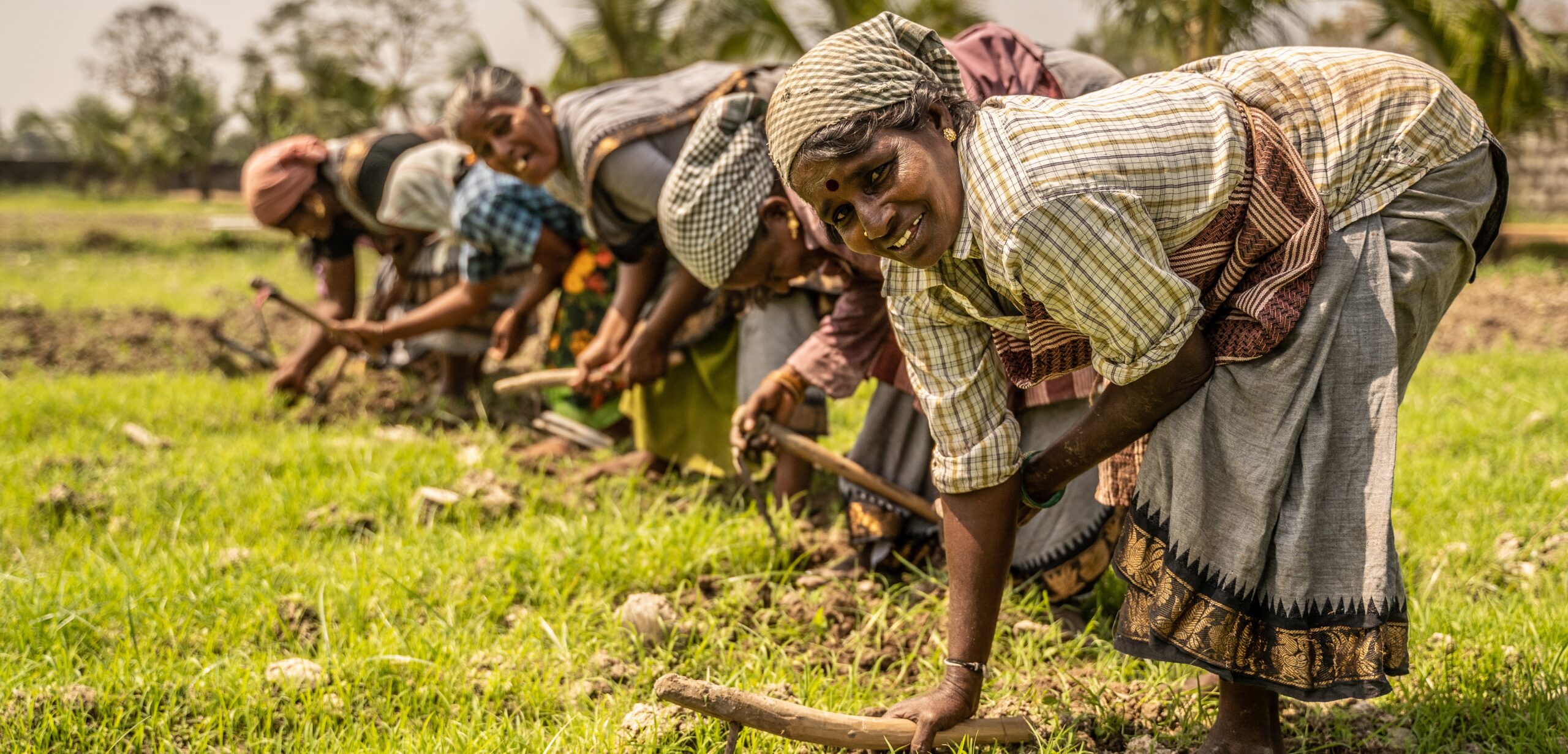📈Sustaining Rural Economies
Rural Development initiatives




Rural development is the process of improving the quality of life and economic well-being of people living in rural areas, often relatively isolated and sparsely populated areas. Often, rural regions have experienced rural poverty, poverty greater than urban or suburban economic regions due to lack of access to economic activities, and lack of investments in key infrastructure such as education.
Rural development has traditionally centered on the exploitation of land-intensive natural resources such as agriculture and forestry. However, changes in global production networks and increased urbanization have changed the character of rural areas. Increasingly rural tourism, niche manufacturers, and recreation have replaced resource extraction and agriculture as dominant economic drivers. The need for rural communities to approach development from a wider perspective has created more focus on a broad range of development goals rather than merely creating incentive for agricultural or resource-based businesses.
Education, entrepreneurship, physical infrastructure, and social infrastructure all play an important role in developing rural regions. Rural development is also characterized by its emphasis on locally produced economic development strategies. In contrast to urban regions, which have many similarities, rural areas are highly distinctive from one another. For this reason there are a large variety of rural development approaches used globally.
📖
Read on Wikipedia